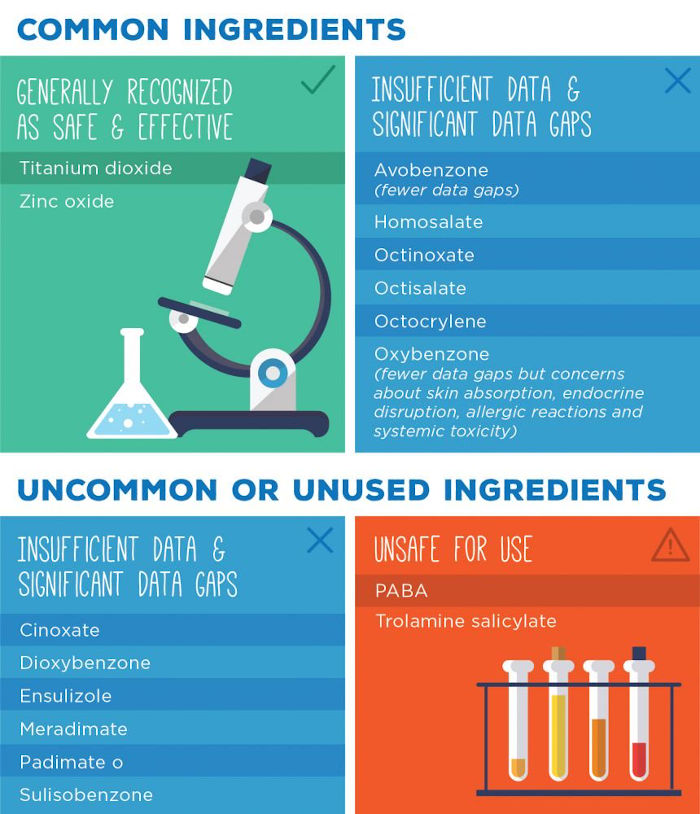It’s no secret that we all need calcium. We have probably all been told to “eat our vegetables” while growing up. Now, as adults and possibly with kids of your own, it turns out that Mom really did know best and those veggies are important to your health.
Surprisingly, one of the vegetables that is high in calcium is broccoli! Did you know that your body does not make calcium on its own? That is why it is so vital that your calcium intake is adequate (Calcium Supplements: What to Look For).
We all need calcium, maybe some more than others depending on age and gender, but we all need it–men, women and children alike. Children and aging adults (especially postmenopausal women) should take special care to have adequate calcium.
Children are susceptible to calcium deficiency because during their growth spurts their bodies are using up all the available calcium to grow, leaving less calcium for other body functions. Aging adults are at risk of calcium deficiency because as we age our bodies break down our bones faster than they are rebuilding them.
In many people this results in the risk of osteoporosis. In addition to building and maintaining healthy bones, calcium is essential for regulating the heartbeat, conducting nerve impulses, stimulating hormone secretions and clotting blood (Calcium Supplements: What to Look For).
How To Safely Start Taking Calcium
Check out the table from the National Institutes of Health (NIH) at https://ods.od.nih.gov/factsheets/calcium for recommended milligrams of calcium intakes for all ages.
As with any dietary supplement, it is extremely important that you consult a physician before you begin a supplement regimen. Dietary supplements may not be risk-free for everyone.
If you have a chronic condition, such as heart disease, diabetes, or hypertension consult your physician before you begin a calcium supplement.
Furthermore, some supplements should not be taken together or with some prescriptions and even some over-the-counter medications (Tips For the Savvy Supplement User: Making Informed Decisions And Evaluating Information).
Food Sources of Calcium
In addition to supplements, there are many foods that contain calcium. Dairy products, such as milk, yogurt and cheese are natural sources of calcium. Some vegetables, including broccoli, kale and turnip greens also provide calcium.
Although some foods and drinks, including fruit juices, tofu and many cereals are calcium-fortified, remember that the best way to supplement is a good vitamin made from organic whole food sources.
There are many types of calcium available. Calcium lactate, calcium citrate and calcium carbonate are a few of the most common but they are not all equally absorbed by your body so its very important to know the type of calcium you are taking.
Low quality calcium supplements won’t be digested easily.
At ‘Ohana Chiropractic, we use a variety of calcium supplements with our patients, depending on their needs and the best way to determine which calcium is best for you is to ask Dr. Robert.
Resources
Calcium Supplements: What to Look For. National Institutes of Health Osteoporosis and Related Bone Diseases National Resource Center. http://www.niams.nih.gov/Health_Info/Bone/Bone_Health/Nutrition/calcium_supp.asp
Tips For The Savvy Supplement User: Making Informed Decisions And Evaluating Information. Food and Drug Administration. http://www.fda.gov/Food/DietarySupplements/ConsumerInformation/ucm110567.htm
Dietary Supplement Fact Sheet: Calcium. Office of Dietary Supplements: National Institutes of Health. http://ods.od.nih.gov/factsheets/calcium



